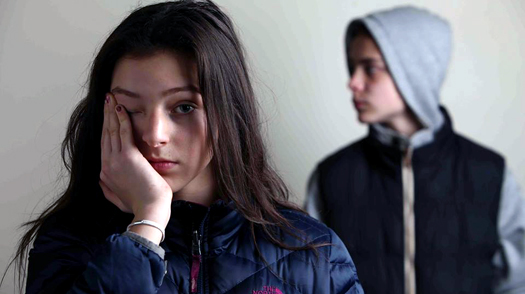
Mara Eibl-Eibesfeldt : 2015
The Spiderwebhouse
Jonas is already head of the family at just 12 years of age. He has been helping his two younger siblings and supporting his mother, Sabine, since his father left. Sabine is very loving towards her children but she often loses her patience and disappears into her room for the day. Mysterious demons drive her to spend a weekend away to relax in the 'sunny valley'. But the weekend grows into weeks in which the three children hear nothing from their mother. Food and money have long since run out, the house has become more and more like a haunted castle: a spiderweb house. Jonas tries his best to maintain the appearance of an intact family. On the hunt for something to eat, he meets a young man, Felix Count of Gütersloh, who speaks in rhymes and declares himself to be 'not quite right in the head'. Rather like a guardian angel, he takes Jonas under his wing and shows him how to get by in a world without adults. The film is less a social drama than a modern-day fairy tale and is set in an eerily beautiful world of the children which unfolds its own particular magic. Mara Eibl-Eibesfeldt's feature debut premiered in the Perspektive Deutsches Kino section at Berlin International Film Festival 2015.



























